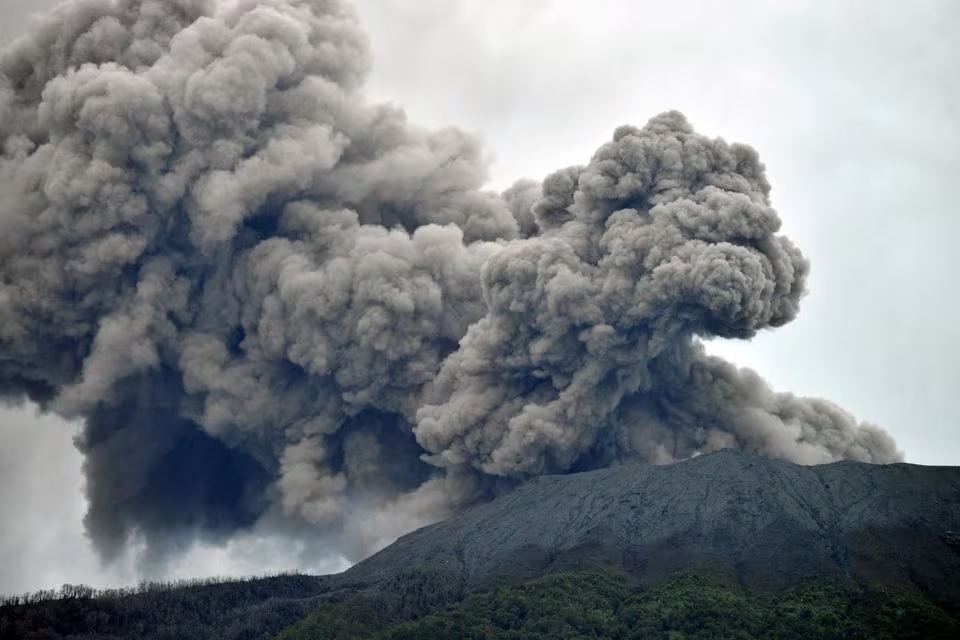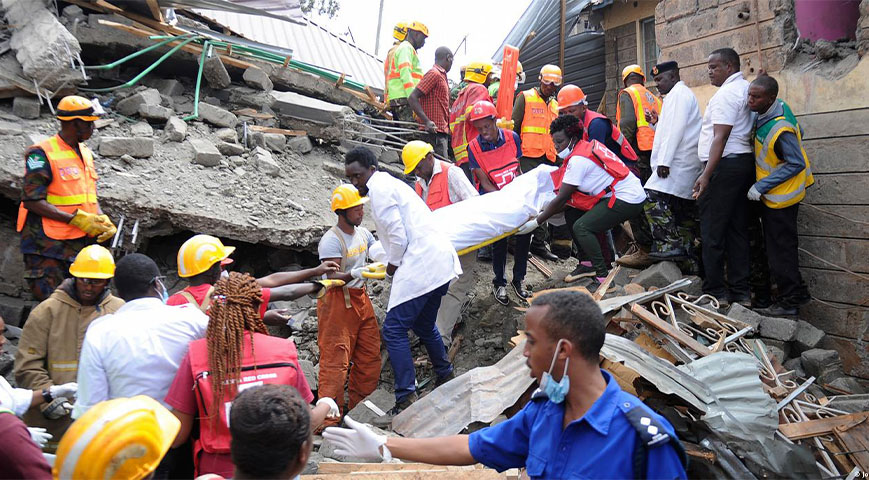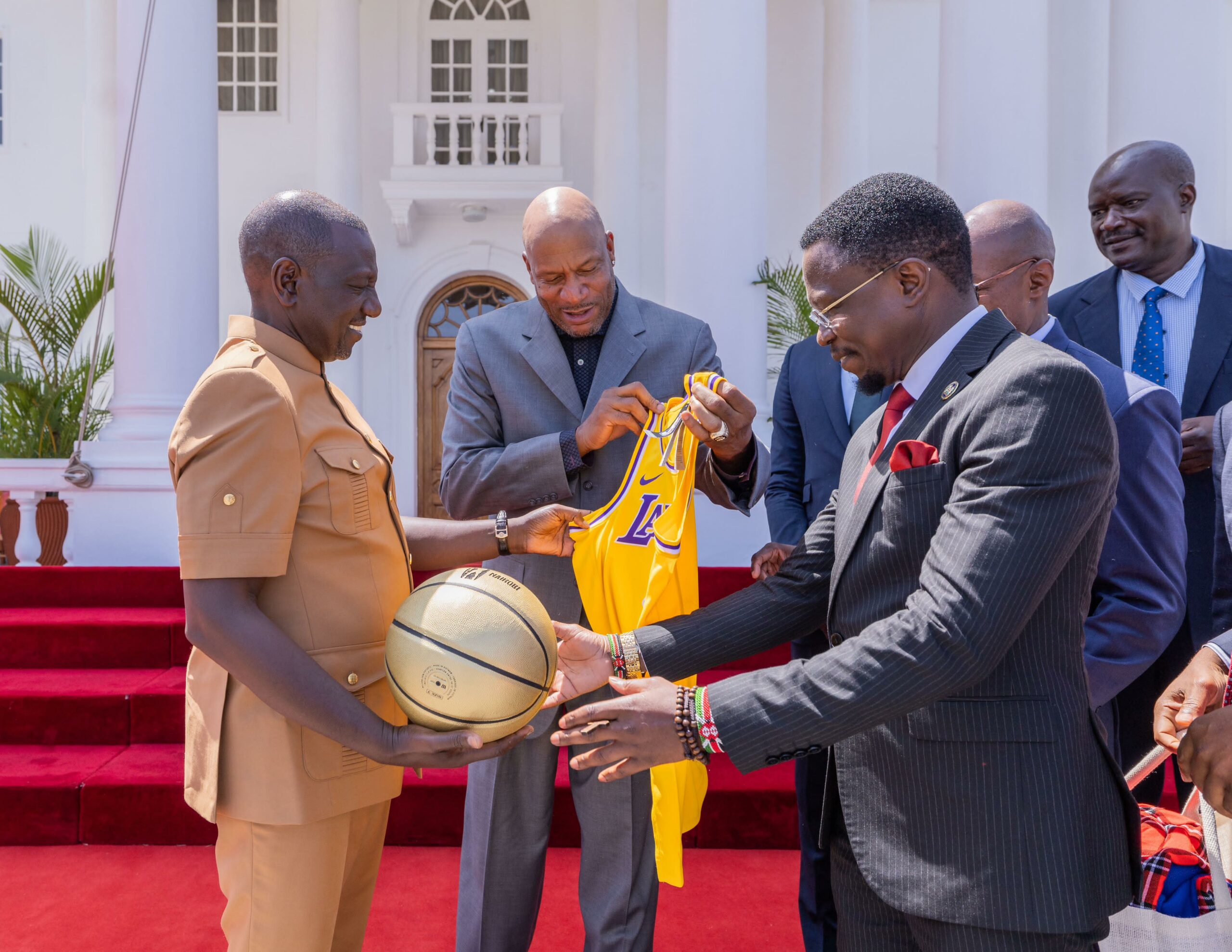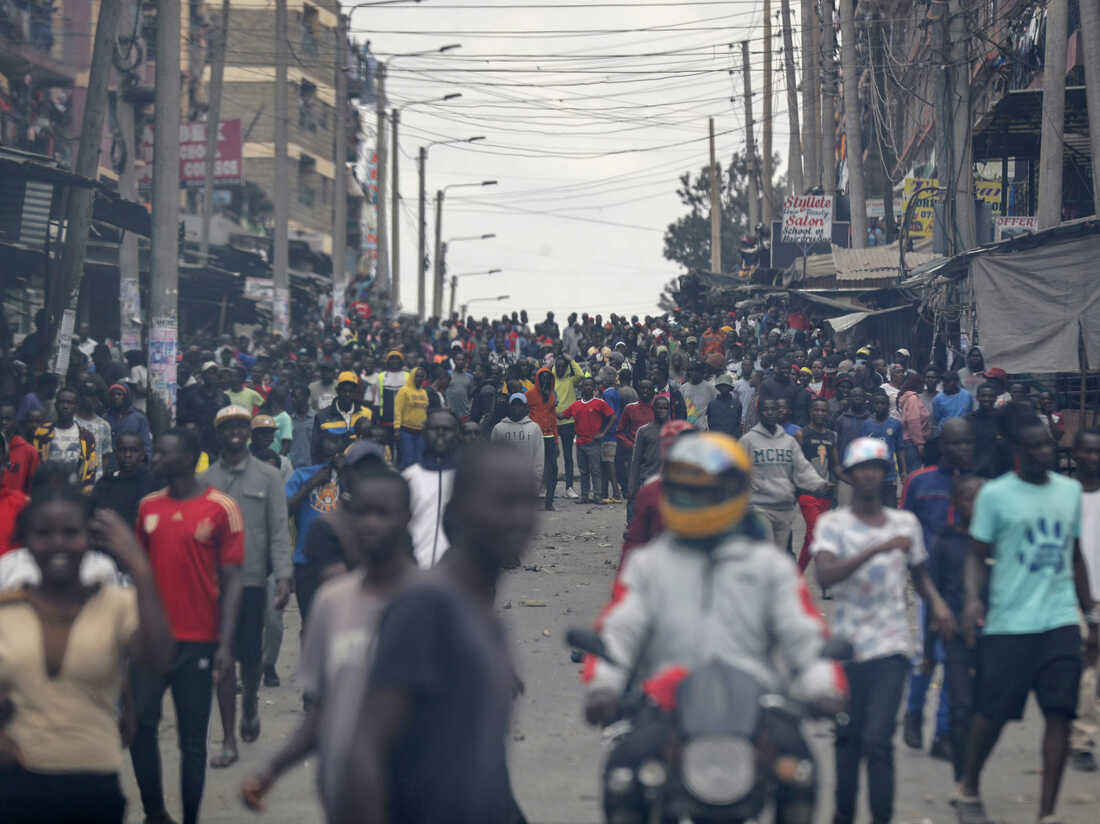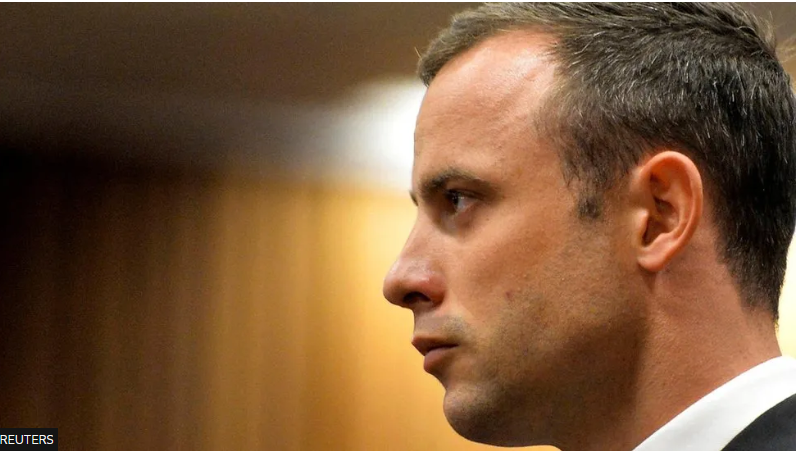Sexual abuse of minors is a major global health challenge that has gained increasing attention – among researchers seeking to understand the problem as well as policymakers trying to find ways to protect young people.
Research in Kenya suggests that the sexual abuse of minors is perceived to be influenced by multiple factors: age, sex, peer pressure, huge gender disparities exacerbated by negative social norms and cultural practices, poverty, the HIV epidemic and social media platforms that circulate sexualised images.
A research paper published four years ago estimated that between 1 in 3 girls and 1 in 5 boys had experienced some form of sexual abuse. A 2012 report showed that regardless of the type of violence experienced by children, less than 10% received some form of professional help. This is despite the fact that Kenya’s Constitution and the Children Act give children the right to health care, education, shelter and protection from all forms of violence. These rights are reiterated in various laws, including a law banning sex for anyone under 18.
Despite existing laws and policies protecting the rights of children, there hasn’t been a significant reduction in child sexual abuse in Kenya. To understand the reasons we did a review of laws and policies in Kenya related to sexualised violence against children.
Our findings point to a number of gaps in Kenya’s approach to protecting children. These include a lack of reparations offered to survivors in criminal proceedings, and a lack of legislation on age-appropriate, comprehensive sexuality education which would contribute towards cultivating positive gender norms.
Our research shows that there’s an urgent need for Kenya to review its laws and policies. It also needs to outline roles and responsibilities for various service providers, supervisory and accountability measures and referral networks.
What’s missing
During the course of our review we discovered that Kenya lacks child friendly facilities.
The Victim Protection Act, No. 17 of 2014 stipulates that survivors of sexual violence have a right to separate waiting spaces and holding facilities before court appearances and to witness protection. The Children Act also provides for the establishment of children’s courts to preside over cases involving children. In addition, children who have experienced sexual abuse are entitled to give evidence under a protective cover or through an intermediary. They are entitled to proceedings taking place outside an open court, and to prohibition of publication of personal identifiers.
We found, though, that most courts didn’t have children’s courts and that cases involving children took place either in adult courts or in magistrates’ chambers, which were tiny. There were no separate waiting areas for children and adolescents who had experienced sexual abuse.
The result was that survivors and perpetrators occupied the same waiting areas and at times sat on the same benches in magistrates’ offices. In such an environment they could be intimidated and re-traumatised.
On top of this, from our observation of the court cases, no minor gave evidence under a protective cover. Prosecutors never offered this as a choice.
In addition, we found very few shelters in the country. While waiting for officers to find them accommodation, adolescent survivors in need of protection were sometimes left to sleep on cold floors in police cells for a day to a week.
The reasons for these conditions appeared to be limited financial and human resources.
There are also problems with Kenya’s laws. For example, Kenya criminalises sexual relations between minors of the same age or within the same age bracket. There are several cases that we came across where minors in a consensual relationship with girls (age difference of less than two years) were charged with defilement.
There are also gaps in education. The Constitution gives minors a right to education. And the country’s four-year-old adolescent sexual and reproductive health policy provides for comprehensive sexuality education. But these are poorly implemented as there is no legislation to enforce it. In addition, the education is opposed by many religious groups and conservative teachers.
Poor services
Legal, medical and psycho-social services are supposed to be given freely to victims. But we found that health centres and dispensaries did not offer post-rape care. Survivors were usually referred to sub-county or county health facilities for treatment. Moreover, survivors of child sexual abuse, who mostly came from poor families, were asked to pay US$20 to receive medical care. If they could not pay, they were denied treatment. Also, psycho-social support was poorly administered due to a shortage of trauma counsellors.
Under Kenyan law, when it comes to evidence of crime in child sexual abuse cases, there is no need for corroborating material evidence as long as the court finds the child credible. On the other hand, a 2018 policy on management of sexual violence which was designed to set up proper procedures places a lot of weight on forensic physical examination and little emphasis on forensic interviews. The guidelines lack comprehensive forensic interview protocols and instructions on child sexual abuse screening.
Other gaps in the system we identified included:
inadequate and poorly trained health providers offering care.
a lack of legal aid support from the courts.
insufficient attention to restorative justice and reparations. This is limited to civil proceedings. Survivors and their families have to present their case to a criminal and civil court, discouraging pursuit of compensation.
The release of suspects on bail meant that they were able to interfere with the cases as reported by judicial officers.
Parents often opted for tokens, denying children access to medical and psycho-social services and justice. This was due to stigmatisation of survivors, threats to their lives, lengthy court proceedings and absence of reparations.
Some survivors who had been statutorily raped by older males refused to testify because they were in a relationship with them.
Recommendations
Although the laws and policies are generally protective, implementation is poor and insensitive to the needs of survivors. Kenya needs to increase its legal aid budget and invest more in mental health services. The authorities need to recruit and train judicial, police and medical officers on appropriate care of survivors.![]()
Cynthia Wangamati, Senior lecturer, University of Oslo
This article is republished from The Conversation under a Creative Commons license. Read the original article.





